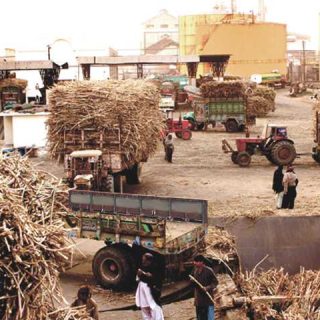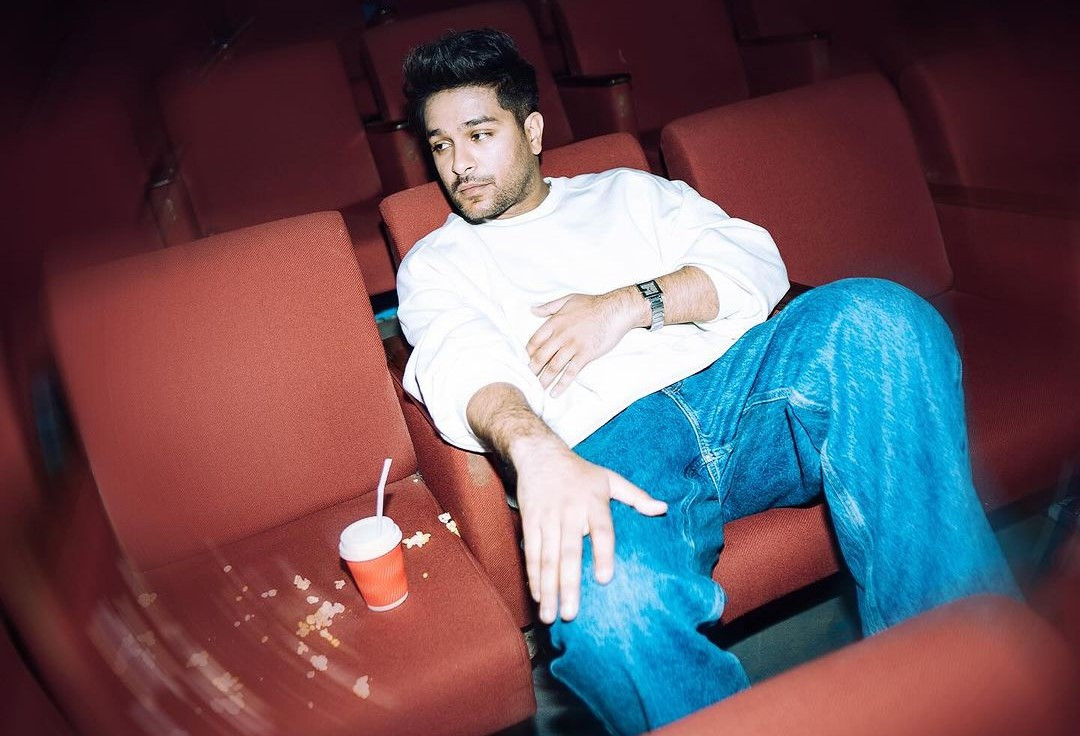
Eurovision 2024: Israel boycott efforts peak
”
This week, the spotlight is on the Eurovision Song Contest as it dominates Sweden’s third-largest city, Malmo. More than 150 million people worldwide tune into the annual competition that organisers say is apolitical. This year’s event, however, is likely to be far from it.
Israel is set to participate amid protests and calls for a boycott given its war on Gaza that has killed more than 34,500 Palestinians. In the run-up to Eurovision, more than 1,000 Swedish artists demanded a ban on Israel, but their calls were rejected. Israel is participating with Hurricane – the song had previously been titled October Rainan apparent reference to the October 7 attacks in Israel, which organisers deemed too political.
More than 20% of the artists who were scheduled to perform at Eurovision have dropped out in solidarity with Palestinians. Among them are hip-hop duo Medina, and Magnus Carlsson, who is a former member of Alcazar, one of Sweden’s most successful music groups.
The competition allowing Israel to participate has fuelled a number of protests, but apart from the expected pro-Palestine events in Sweden, there are a series of planned Quran burnings, putting the Swedish authorities on high alert. These burnings tend to drain security resources and even though the Swedish government itself has condemned the act as Islamophobic, the Ministry for Foreign Affairs added that Sweden has a “constitutionally protected right to freedom of assembly, expression and demonstration”.
The protests have also forced organisers to rethink the usual events that take place during Eurovision week. Events on the so-called Eurovision Street, which usually has a jubilant atmosphere, have been cancelled.
Alternative activities
The groups calling for a boycott explain that they are not looking to simply prevent Eurovision from taking place. They plan to flood the city with alternative activities.
The Ship to Gaza, a vessel that is part of the Freedom Flotilla Coalition, a network of organisations aiming to lift Gaza’s blockade, will dock in the city for the week and host several family-friendly events, including live music, face painting and poetry readings.
In solidarity with Palestinians in Gaza and as part of a protest, an alternative music event called Falastinvision will be held on the final day of Eurovision on 11 May in Malmo.
The double standard
On February 25 2022, just one day after Moscow’s troops launched a full-scale invasion of Ukraine, the European Broadcasting Union (EBU), which produces Eurovision, banned Russia from entering the competition. A Russian entry “would bring the competition into disrepute”, the body said. Many have protested against what they see as a double standard, given Israel’s escalating aggression and military strikes on Gaza.
Eurovision Song Contest attendees can bring and display flags of the 37 participating countries, including Israel. The only exceptions are rainbow and pride flags. Palestinian flags and pro-Palestinian symbols at the show are also banned.
Israel’s act booed on stage
Edan Golan, the Israeli singer was booed on stage during the dress rehearsal that took place earlier today. While performing Hurricane for the first time in front of an audience, some in the stands strongly disapproved of Israel’s participation, chanting ‘Free Palestine!’.
In social media footage taken by those present, the booing and chanting can be heard throughout Edan’s performance, almost drowning her out completely. The police present inside the Malmö Arena immediately intervened and restrained these people.
An X user shared a video of the disruption, writing, “Israel getting booed at Eurovision. We love to see it.”
Another user wrote, “Easily the most booing I’ve ever heard at #Eurovision but no major disruptions of Israel at the first show with a crowd.”
The booing of Israel comes after the EBU revealed its “regret” of letting Eric Saade, a Swedish singer, perform during the opening of the contest after he wore a pro-Palestine scarf around his wrist.
”







